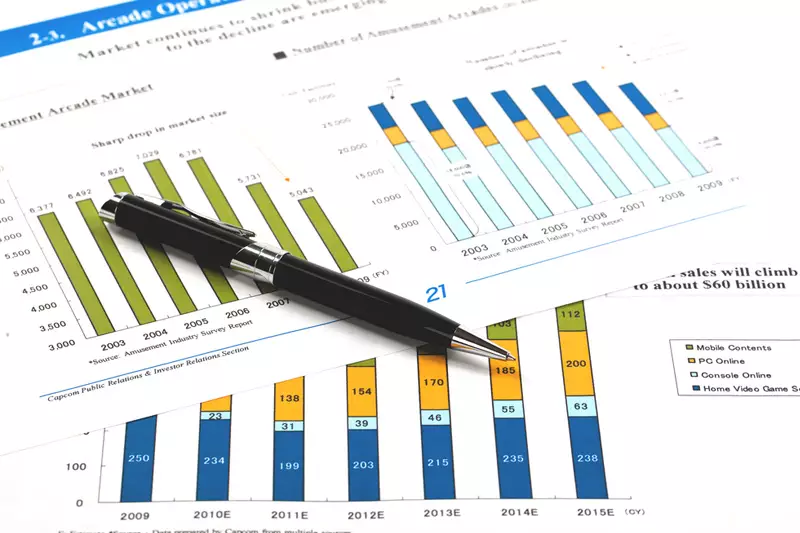The recent turmoil in the French political landscape has sent ripples through European financial markets, particularly impacting the country’s debt dynamics. Following a significant upheaval that culminated in the fall of the government led by Prime Minister Michel Barnier, investors witnessed a notable decrease in the risk premium associated with French bonds. This situation merits a deeper examination, especially as it reflects broader themes in European economic stability and investor sentiment.
A Declining Risk Premium Amidst Political Uncertainty
Following the no-confidence vote earlier this week, which saw a coalition of both far-right and left-wing lawmakers unseat Barnier, the risk premium on French debt eased from an alarming peak of 90 basis points to 80.90 basis points—the narrowest margin observed since 2012, Amidst widespread concerns regarding France’s fiscal future, this reduction in the risk premium signals a momentary reprieve for investors. However, it raises questions about the sustainability of such optimism in a climate marked by ongoing political fragility.
While market analysts forecasted that the reaction to the government’s collapse would be restrained—possibly exemplifying a ‘buy on rumors, sell on news’ sentiment—the fact remains that the underlying potential for prolonged instability looms large. Many economists have expressed apprehension over the country’s draft budget proposals, which outline aggressive spending cuts and tax hikes. These measures aim to decrement the deficit to 5.1% of GDP by 2025, but raise concerns about their efficacy in bolstering economic growth during a tumultuous period.
The repercussions of France’s political crisis extend beyond its borders, impacting Eurozone borrowing costs. As investors closely monitor developments, a slight uptick in yields on German bonds reflects the mood of caution that has characterized the region. Current anticipation of forthcoming employment data from the United States has also contributed to shaping investor expectations regarding the Federal Reserve’s monetary policy trajectory.
U.S. Federal Reserve Chair Jerome Powell’s recent remarks highlighted the resilience of the American economy, suggesting that prior forecasts might be underestimating economic strength. This development can have indirect effects on Europe, particularly given the interconnectedness of global markets. Investors, wary of how shifts in U.S. monetary policy may influence European interest rates, are likely to remain on high alert.
Looking forward, the fear that France may enter a period of sustained economic downturn raises significant concerns about its sovereign creditworthiness. A potential erosion of confidence among investors could lead to a protracted cycle of rising borrowing costs, complicating fiscal recovery efforts. This scenario underscores the importance of political stability and sound economic governance in maintaining favorable conditions for sovereign debt.
Ultimately, while the immediate market response to France’s governmental collapse may have been more favorable than expected, the underlying vulnerabilities cannot be ignored. The interplay between political dynamics and economic realities will be instrumental in shaping not only France’s future but also the broader economic landscape of the Eurozone. Stakeholders must remain vigilant as the narrative unfolds, recognizing that the implications of political decisions reach far beyond the immediate fiscal environment.

